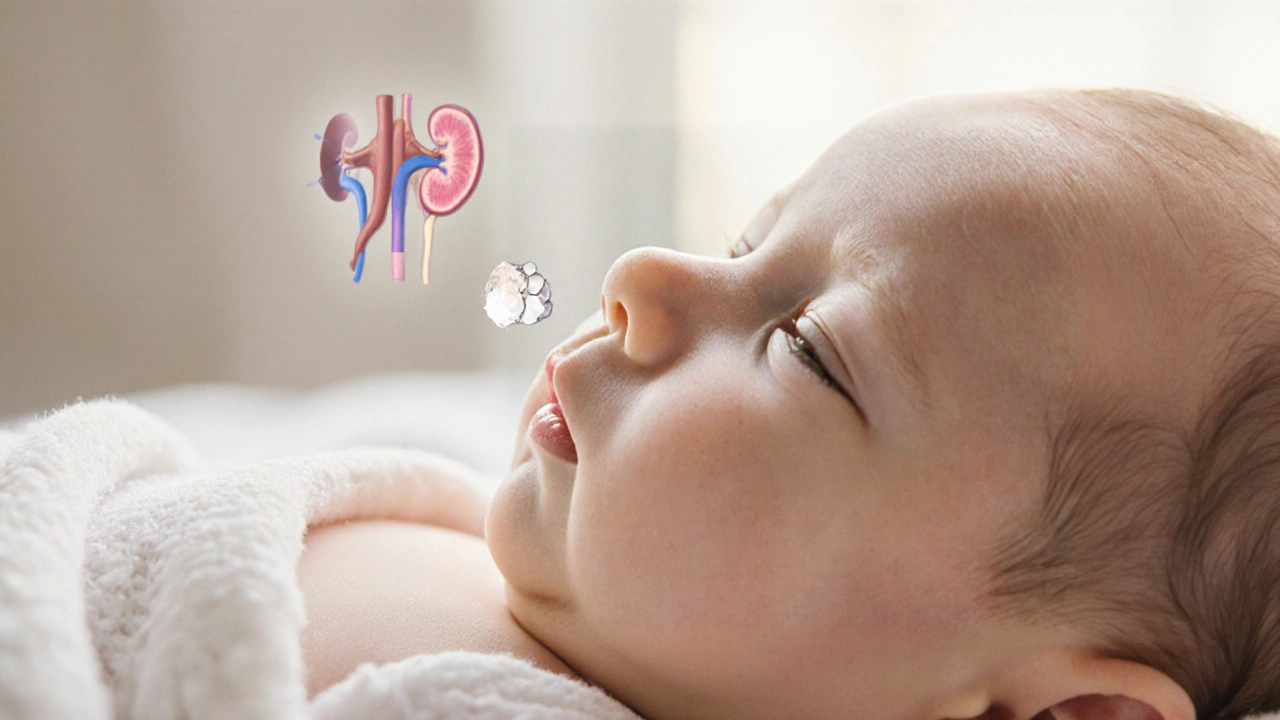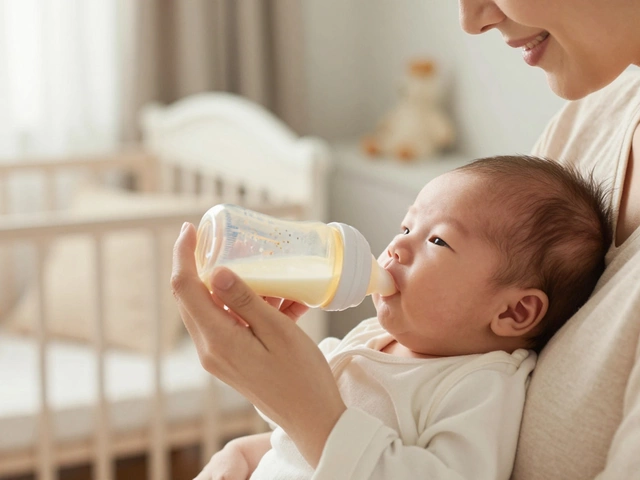Babies Salt: What Parents Need to Know
When talking about babies salt, the amount of sodium an infant consumes each day. Also known as infant salt intake, it directly impacts growth, hydration, and organ development. Understanding infant sodium recommendations, the daily limits set by health authorities for babies is the first step to keeping your child safe. These recommendations are linked to baby nutrition, the overall mix of foods, breast milk, and formula that provide essential nutrients and to kidney health, how well a child's kidneys filter waste and balance fluids. Together they shape a clear picture: managing babies salt intake requires knowing the guidelines, choosing the right foods, and monitoring health markers.
Why Sodium Matters for Little Ones
Infants have tiny kidneys that can’t handle high sodium loads, so excess salt can lead to dehydration or high blood pressure later in life. The blend of breast milk, the natural source of low‑sodium nutrition for newborns and formula already supplies the sodium babies need, making added salt unnecessary. When you start introducing solid foods, the goal is to keep added salt under the daily limit – usually less than 0.5 g for babies under six months and under 1 g for those older. This rule influences everything from snack choices to homemade purees, because plain vegetables and fruits often contain enough natural sodium.
Parents who follow the infant sodium recommendations can avoid common pitfalls: using store‑bought sauces, seasoning foods heavily, or giving processed snacks. Instead, focus on fresh ingredients, read labels for “no added salt,” and trust that breast milk or a quality formula already meets the sodium requirement. By monitoring how much salt your child consumes, you safeguard kidney health, support proper growth, and set the stage for healthy eating habits that last a lifetime. Below you’ll find a curated set of articles that dive deeper into safe feeding practices, how to read baby food labels, and what to do if you suspect your infant is getting too much salt.

Why Babies Shouldn't Have Salt: Risks & Guidelines
Learn why infants should avoid added salt, the health risks of excess sodium, and practical tips to keep your baby's diet safe and nutritious.
view more




